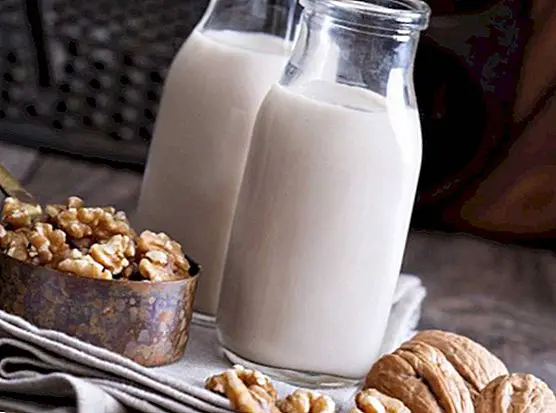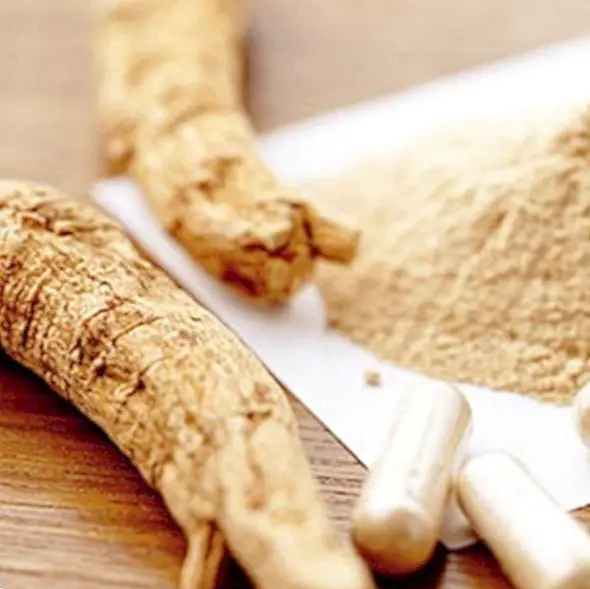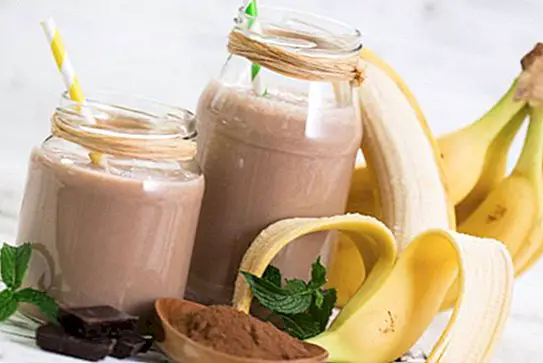The benefits of mustard and 3 recipes to make at home
The mustard not only is it full of benefits for our body, it is also a condiment that could not be lacking in the kitchen. For this reason, it is worthwhile to stop to know in greater detail the different types of mustard that exist, and above all, what qualities it gives us. As you will see it is a very nutritious food and incorporate it that can be very easy to incorporate into our daily diet.
In fact, did you know that it is one of the oldest species used as a medicinal remedy? The oldest records date back to 3000 years ago, thus becoming one of the most ancient seeds used by the most traditional medicine.

Here we will offer you very simple recipes to incorporate mustard into our dishes. You will see how it becomes an indispensable part of your kitchen to accompany or flavor a wide range of foods.
Did you know that there is a wide variety of mustard types? They differ according to what type of grain is used (white, black, gray) and what are the products that are added in its preparation.
Among the different types of mustard we must highlight the one of Dijon, descendant of the oldest mustard paste recipe and native of that French town. It is made with black and gray mustard grains, vinegar, soft wine and spices. This mustard, pale yellow, is characterized by its spicy and acid taste.
The Bordeaux or bordeaux mustard It is darker in color and its flavor is softer. It is usually made with sugar, salt, vinegar and spices, usually tarragon. The sweet mustard comes from Germany takes its flavor from the mixture of mustard grains with molasses, caramel or honey.
The English mustard It is also very famous. It has a darker tone and its flavor is strong and spicy, since it is made with black grains, white grains and turmeric. From this variety descends the American mustard or mustard ballpark, it has a smoother taste and typical dressing of its traditional hot dogs. It is made with white grains, vinegar, salt, sugar, herbs and spices.
Other mustard varieties are Boujolais Mustard, Bénichon Mustard, Löwensef or Lion Mustard, Cassis Mustard, Black Mustard, Reims Mustard, Pepper Mustard and Chinese Mustard. Even wasabi, typical of Japanese cuisine, derives from this plant.

The benefits of mustard
Incredible nutritional wealth
Mustard has many natural properties, especially thanks to the minerals it provides. It has potassium that is beneficial for our nervous system as well as for digestion and musculature.
It also contains phosphorus vital for the functioning of the kidneys and the heart. Another benefit of mustard is its contribution of calcium (very important for the health of bones and teeth) and magnesium.
Mustard also provides vitamin C, which gives antioxidant and protective properties of the eyes, skin and respiratory system. Mustard intake during menopause is highly recommended to decrease your symptoms.
Helps treat hypotension
The hypotension It occurs when blood pressure is lower than what is considered normal. This means that the heartbeat, which as you surely know will be responsible for pumping blood to the rest of our body, tend to have a slower pace than usual.
Therefore hypotension can lead to fainting and dizziness, because neither the heart, nor the brain or ultimately the other organs receive the necessary amount of blood.
In this sense, mustard helps treat hypotension naturally since it has an extremely interesting natural capacity to stimulate blood circulation and increase blood pressure.
Useful in case of colds and flu
Applied in the form of bathrooms mustard is very interesting for the treatment of cold and flu, especially when their seeds are consumed in tablespoons twice a day.
On the other hand, applied in the form of poultice in the chest acts for the natural treatment of different respiratory problems, as for example may be the case of asthma or nasal congestion.

Helps prevent constipation
Mustard is rich in mucilage, which help to act naturally against constipation thanks to acting as a natural laxative, with mild laxative effects that yes.
Easy and quick recipes with mustard
The first is a super simple sauce to accompany cold meats or garnish salads and sandwiches. Place about 200 cm3 of cream in a small saucepan and warm, then add one or two tablespoons of mustard, depending on the intensity of flavor you want to achieve. Stir for a moment and season with pepper.
The following recipe is also the most simple and not least delicious. We mix some mustard with herbs or spices (peppercorns, tarragon or rosemary) and anoint with this preparation meat or chicken to cook in the oven.The taste of the mustard will be impregnated in the meat and leave a delicious crunchy crust around it.
This last recipe is an ideal to add a note of flavor to a meal. In a small container you should place one or two tablespoons of mustard and some soy sauce (enough to make the mustard lighter but we should not abuse since it is very salty). As an optional one teaspoon of honey to highlight the flavor and give it that irresistible bittersweet touch. Then you can saute pork, chicken or vegetables with this dressing in a pan. You can eat it on the plate, in a sandwich or whatever else you like. This article is published for informational purposes only. You can not and should not replace the consultation with a Nutritionist. We advise you to consult your trusted Nutritionist. ThemesFood Spices


